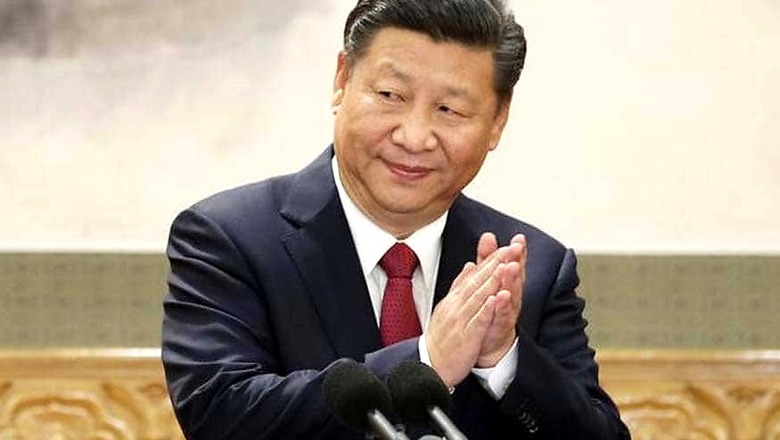
views
Beijing: Chinese President Xi Jinping has told herdsmen from a Tibetan settlement bordering Arunachal Pradesh to "set down roots" there and safeguard "Chinese territory".
In a reply to a letter by two girls from a family who wrote to him introducing their township in Lhunze county in Tibet, Xi told them to develop settlements and stay put in the area bordering India.
Situated in southwest China's Tibet, Lhunzhe is close to India's Arunachal Pradesh, which Beijing claims as its own and calls South Tibet.
He encouraged a herding family to set down roots in the border area, safeguard the Chinese territory and develop their hometown, according to a short dispatch from Xinhua news agency.
Xi acknowledged the family's efforts to "safeguard the territory, and thanked them for the loyalty and contributions they have made in the border area," the report said.
"Without peace in the territory, there will be no peaceful lives for the millions of families," Xi was quoted as saying by the news outlet.
The Chinese president hoped that the family would motivate more herders to set down roots in the border area "like galsang flowers," and become guardians of Chinese territory and builders of a happy hometown.
In August, Indian and Chinese armies ended an over-two-month military stand-off - worst in decades - in the Sikkim sector which abuts Tibet. During the face-off, China sent battle tanks and conducted military drills in the Tibetan plateau.
India and China have a dragging boundary dispute over the 3,488 km de facto boundary. While India asserts that the Sino-Indian border dispute covers the 4,057-km Line of Actual Control, China claims it is confined to about 2,000 kms to the area of Arunachal Pradesh, which it refers to as Southern Tibet.
After being re-elected the General Secretary of the Communist Party last week, Xi asked the Chinese Army to be combat-ready.
In his inaugural speech at the meet, Xi said China was ready to settle its border dispute with neighbours but it cannot be expected to swallow everything which undermines its and integrity and sovereignty.
(With inputs from IANS)




















Comments
0 comment